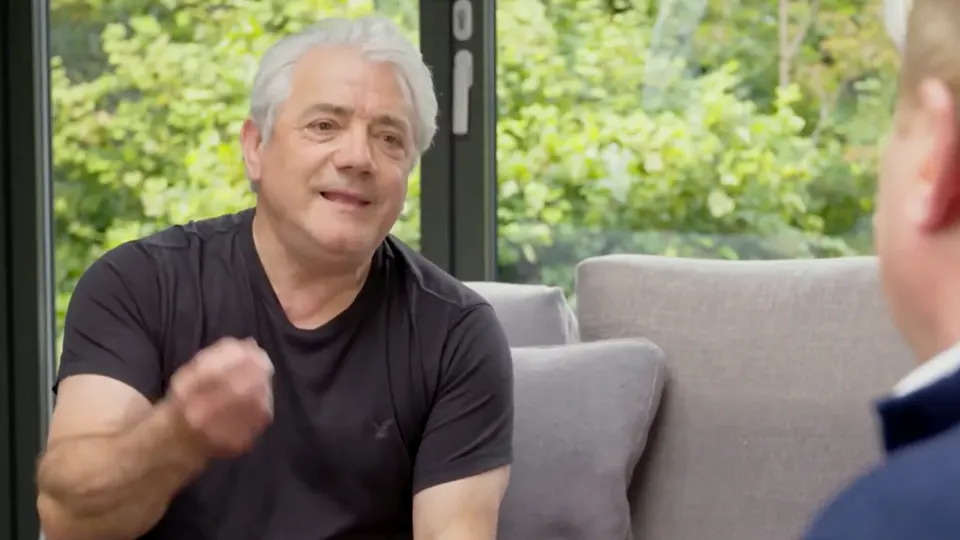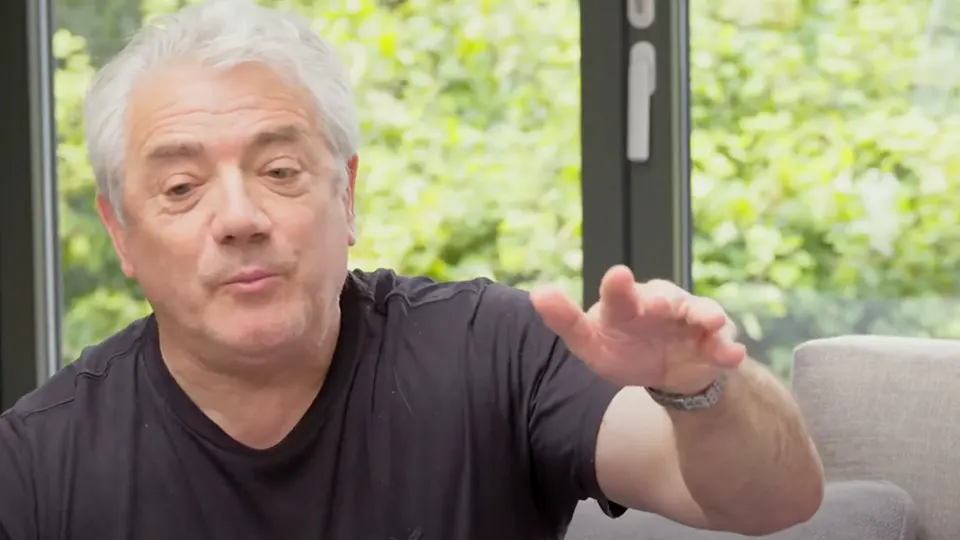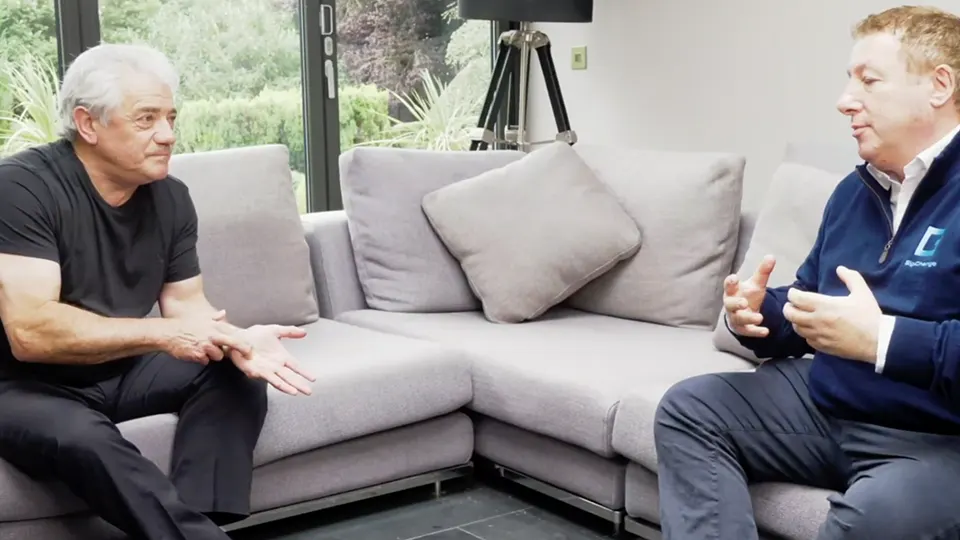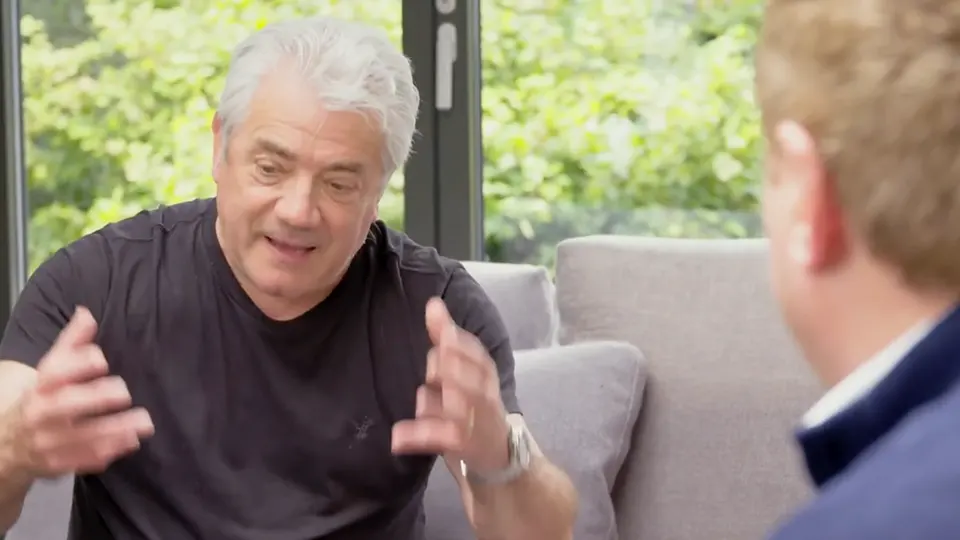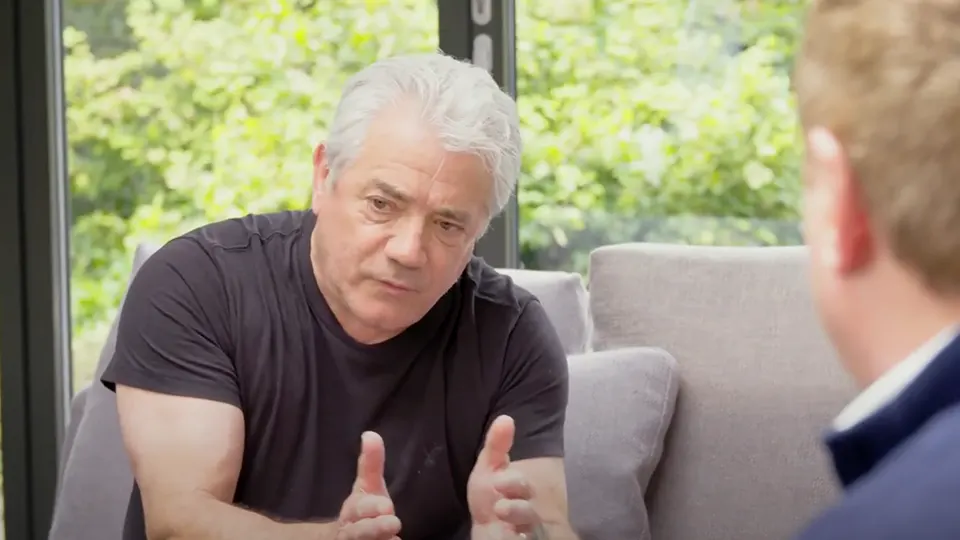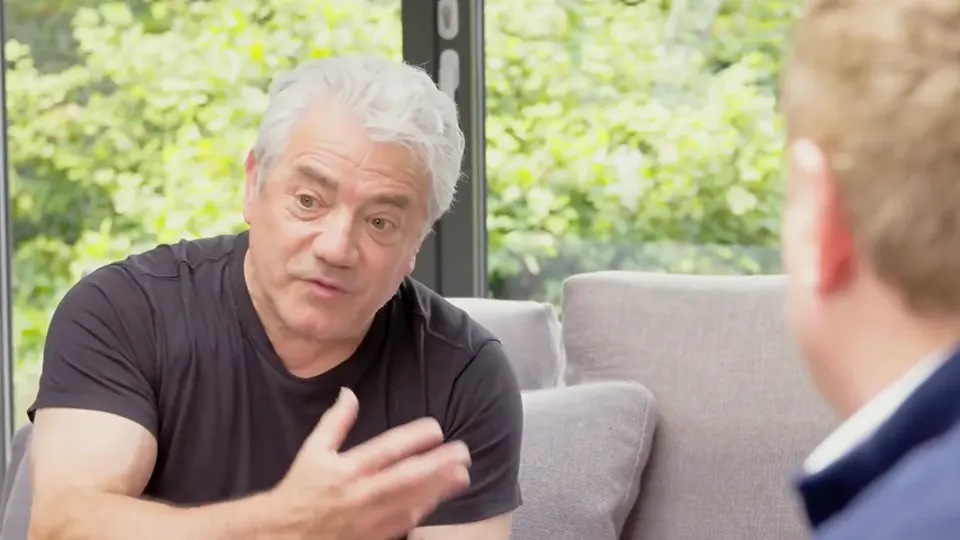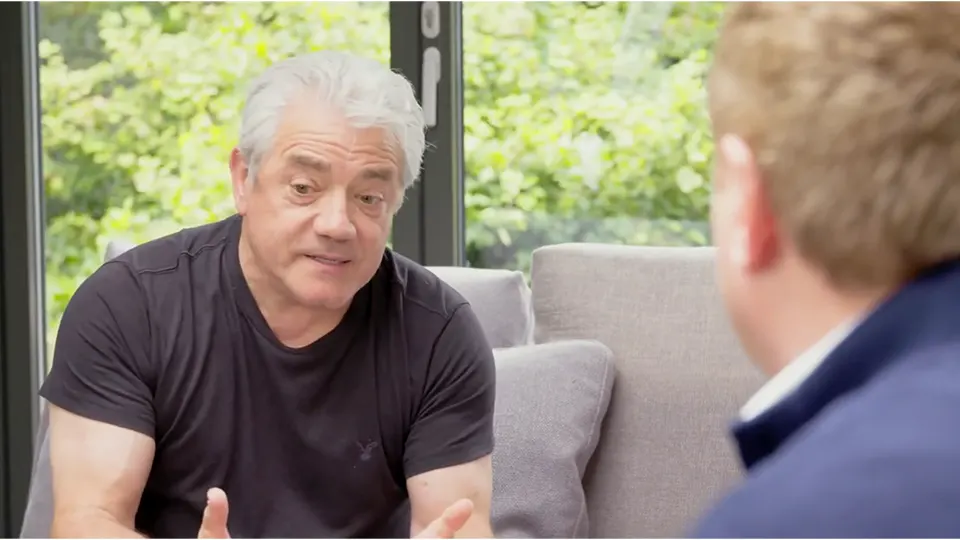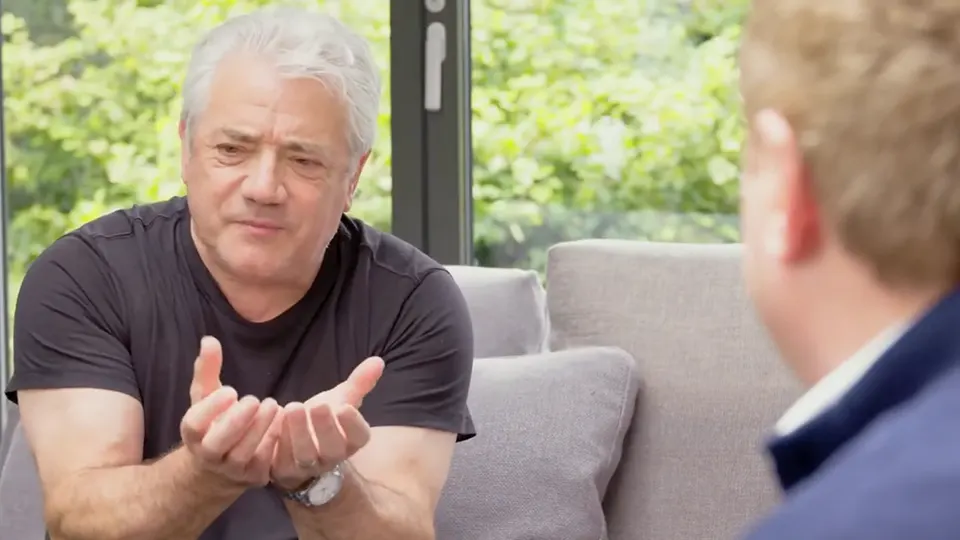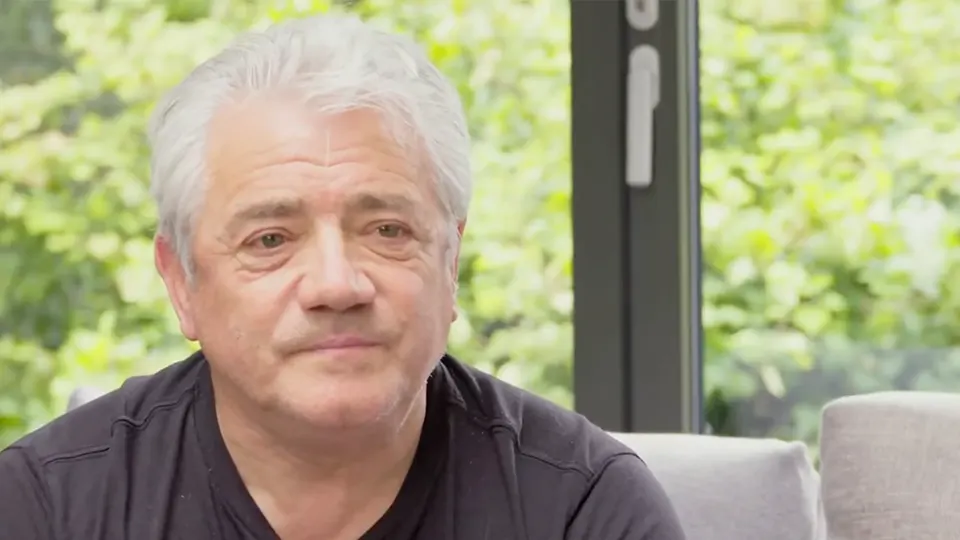In this special video series, former England footballer and manager Kevin Keegan gives his secrets to great leadership.
In episode 9 of our secrets of leadership series Kevin tells BigChange founder Martin Port about the importance of exceeding people’s expectations.
Watch the video or read the transcript below.
Martin: World class is my most important key performance indicator, my most important measurement and score. It means more people buying and investing in my technology. What about in football?
Kevin: Well we want the same things. You will definitely get there Martin because you have hunger and desire. We’ve talked about passion, you’ve got that. We’ve talked about resilience, you’ve definitely got that. Also to be successful – we always used to try at the clubs we were at to give people more than what they expected.
For example if a kid was coming to the ground for a photograph for his birthday, when we’d get the letter we’d write back saying “Yeah come along on this day at this time”, and we’d wonder how to make it special.
We could get one of the players to come, like Alan Shearer if we had him, David Ginola at the time or Lee Clark who was a local lad the geordies loved. Then we’d do it on the centre of the pitch. We’d take them on the pitch.
Going above and beyond
So they were coming in thinking they’d just have a photo outside the main stand, with two people.
We’d rush in and say “Come in, come in, have you ever been on the pitch?” then take them down.
A lot of people don’t get it, but you know – going above and beyond for your business. It’s because you believe in it, because you’re passionate about it. It’s because you really want to do it – you want to give back.
That is the secret of life and what all these things are about.
It’s “This is what we’ve got. How can we help you?”
With players: this is your ability, how can we make you better. Talking with your board members: the club is here, how can we get it up there. How can we get this club to think a bit further and see over the mountain we’re coming up to- or hill we’re coming up to?
And I think that’s the secret of life. It’s just thinking about what you’re doing and how you can add a little bit more.
That’s how I climbed up the ladder, I think. It’s just saying ‘What do people expect? And how can you exceed their expectations?’
Martin: Kevin, I get to meet lots of great coaches and people that help improve me as a person and help my business be successful. I’ve found it so invaluable. This was absolutely, hugely beneficial and I hope everyone watching gets the benefit. Thank you.
Kevin: My pleasure.
